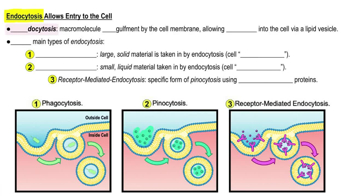Textbook Question
Which of the following correctly describe an active site? Select True or False for each statement.T/F It is the location in an enzyme where substrates bind.T/F It is the place where a molecule or ion binds to an inactive enzyme to induce a shape change to make it active.T/F It is the portion of an enzyme where chaperones bind to help enzymes fold.T/F It is the site on an enzyme where catalysis occurs.
1908
views






